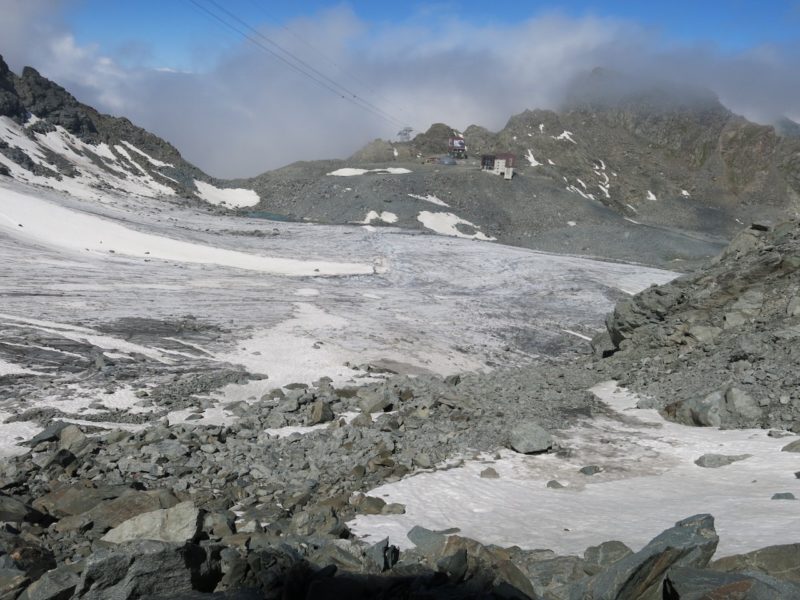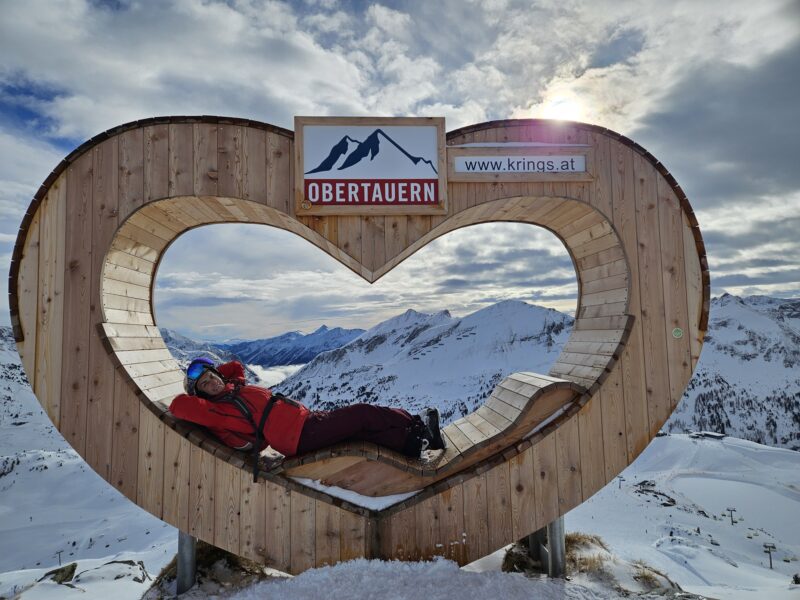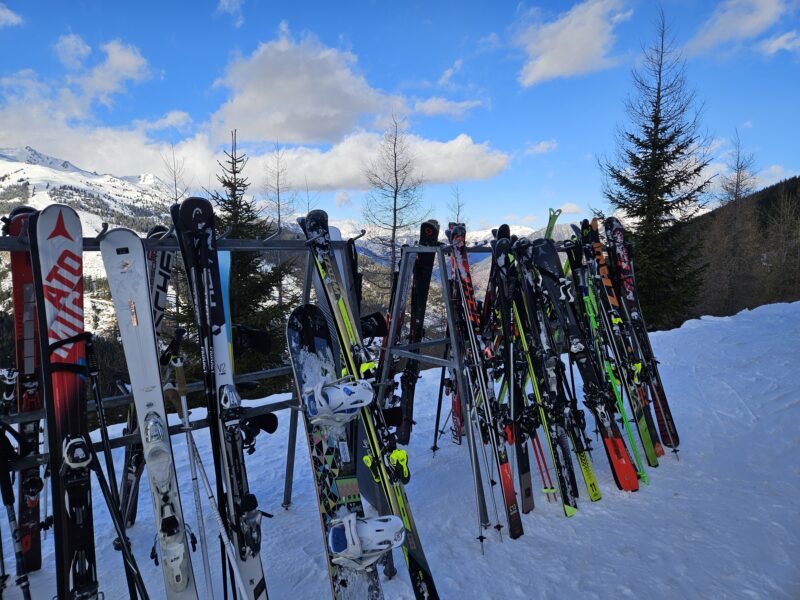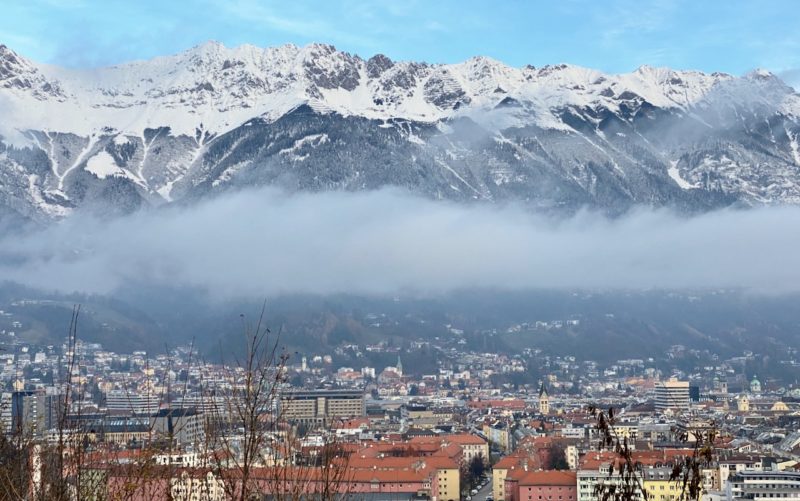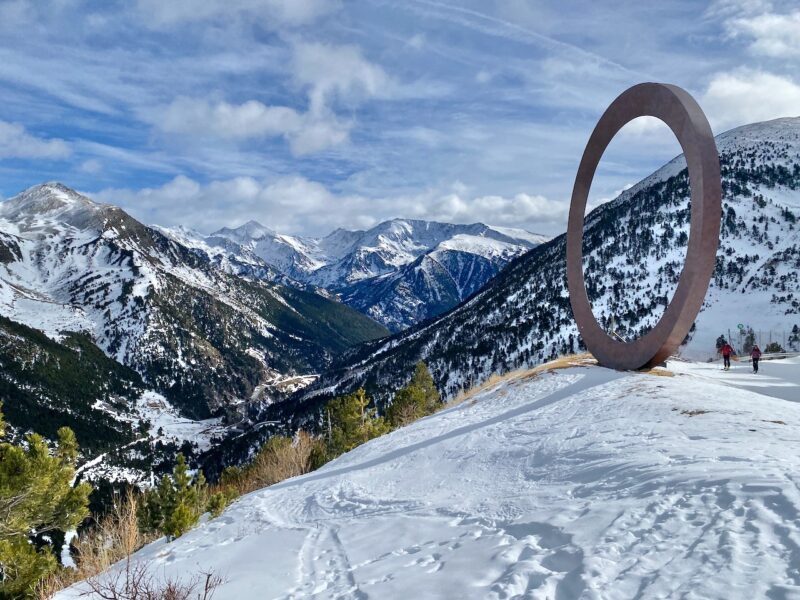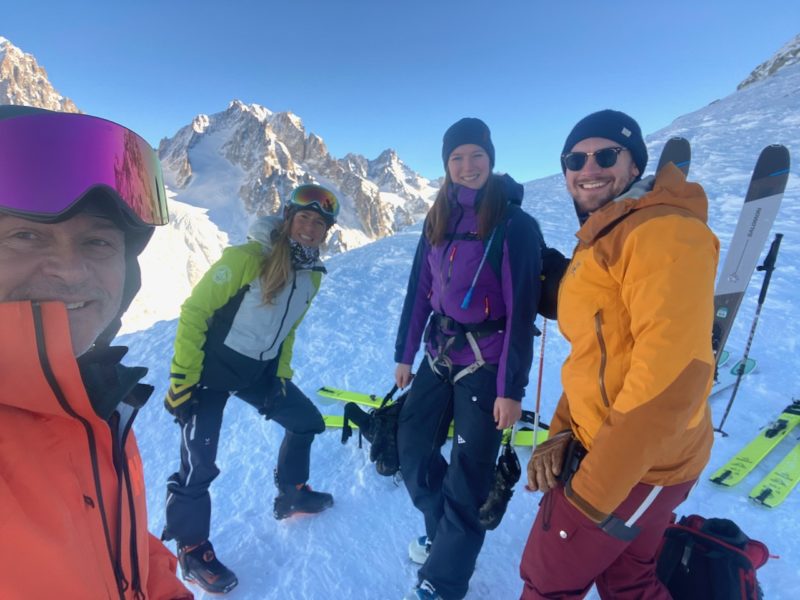Dynamic Pricing for Ski Lift Passes on the Rise in Europe
3rd December 2024
Last modified on December 9th, 2024
Ski resorts across Europe are increasingly adopting a dynamic pricing model for their lift passes. We have updated this article with further reaction from readers and the position of more resorts. UPDATED
While early bird discounts are nothing new, many ski areas are now going much further.
Dynamic pricing has also long been used by airlines and for event tickets.
It’s not always popular with the public – remember the outrage at what many saw as extortionate prices for the Oasis reunion concerts?
First, what is dynamic pricing?
In a nutshell, companies charge customers different prices for the same goods or services, based on changes in the demand for them.
For example, if a lot of ski passes have been sold on a given day, prices for that day will automatically go up.
If sales are low, prices are dropped.
So, what you’ll be charged for a 6-day lift pass for your holiday could depend on when in the season you go as well as how, when and where you buy it.
Smart Pricer, a company that helps ski businesses introduce data-based pricing to boost revenue, says the number of resorts using dynamic pricing rose from 5 in the 2017-18 season to 60 in 2022-23.
It’s thought that as many as half of the major Swiss resorts are using the model this winter.

Verbier, Switzerland. Image © PlanetSKI
One is Verbier, which has had a form of dynamic pricing for several seasons.
It charges more if you buy your pass at the cash desk than if you book online.
It also gives a 10% discount for purchasing your pass at least 10 days before your arrival.
But it also rewards skiers and snowboarders who are able to hit the slopes out of the peak times.
These are some of the differences in prices we found for a 6-day 4 Vallées pass this winter.
- At the cashdesk CHF 409.00 (£364)
- Christmas week CHF 359.10 (£320)
- January 12 week CHF 333.90 (£297)
- February 16 week CHF 359.90 (£320)
- March 23 week CHF 333.90 (£297)
“The implementation of dynamic prices on the Verbier 4Vallées website offers several advantages,” said Celine Daviet from Teleververbier to PlanetSKI.
“Dynamic pricing means that rates can be adjusted according to demand, for example, peak periods (school vacations, weekends) can justify higher rates, while off-peak periods (mid-week or off-season) can be discounted to attract more skiers.”
“By adjusting prices, you can smooth out the season’s crowds and improve the skier’s experience (fewer queues, etc.).
“By highlighting dynamic prices on our website, customers are encouraged to buy their ski passes online rather than at the ticket office.”
Zermatt has only recently introduced dynamic pricing where the more demand there is for skiing an any one day will increase the cost of your lift ticket and vice versa.

Zermatt, Switzerland. Image © PlanetSKI
This is the explanation on the Matterhorn Zermatt Bergbahnen website:
- The ski pass prices are divided into three different seasons. In addition, you can see an indication of the demand per day with colour and explanation. If a date in the calendar is marked with a red dot and the word “high”, for example, many tickets have already been sold for this day and there is an upward price trend.
The demand and price trends are listed as low, rather low, normal, rather high or high.
When we looked, the lowest daily price was CHF 88 (£78) and the highest CHF 99 (£88).
If we want to book 6 days from 22 December it will currently cost us CHF 482 (£429), but if we wait until 12 January it’s CHF 436 (£388), a saving of CHF 46 (£41).
Austrian resorts with dynamic pricing include Muttereralm near Innsbruck.
It says: “Ski passes are like flight tickets. The sooner you buy, the better is the price”.
And you definitely want to buy online rather than in resort, with savings of up to €100 (£83) on a 6-day pass.
Despite the rapid rise in dynamic pricing, many ski areas appear happy with the traditional system.
Apart from discounts for very early and very late season skiing – before 21 December and after 25 April – Tignes in France has just one price for a 6-day Tignes/Val d’Isère pass for an adult aged 19 to 64 and that’s €426 (£353). (It’s cheaper for seniors and those 18 or under).
Val Thorens in France has said that for a big resort like itself, then it doesn’t make sense.
“We operate at high levels of occupancy – nearly 90% for last season – so the risk of upsetting people is not worth the small possible gains,” said the head of the tourist office, Vincent Lalanne, to PlanetSKI.
The resort says it understands why it makes sense for others, but it is not doing so and has no plans to.
And Saalbach in Austria isn’t a fan of dynamic pricing.

Saalbach-Hinterglemm, Austria. Image © Graeme Wallace.
“The advantage of fixed prices is that guests know what they are getting and are not surprised,” the Managing Director of Saalbacher Bergbahnen, Isabella Dschulnigg-Geissler, told the Seilbahnen International website earlier this year.
“In turn, we operators can calculate with fixed revenues per guest and are not dependent on fast or early bookers.
“I think that guests are longing for price certainty. We live in turbulent times, so customers are happy when they know what a service will cost.”
There seems little doubt that dynamic pricing is here to stay and that more ski areas will opt for it in future.
What does that mean for us all?
If you can plan and book ahead – and avoid peak times – probably not much.
If you don’t fall into that category, then you should probably expect to pay more to get up the mountain.
What’s your view?
Here’s some early reaction from PlanetSKI readers:
Tom JT – Pay as you go would be a great system. Dynamic pricing for anything (concert tickets etc) should be banned. For skiing it will just create an even bigger elitist divide from a sport that already suffers hugely from being seen as a “playground for the rich”. Dynamic pricing would just price out all but the wealthiest customers and give them private resorts over February busy period. Would affect the whole economy of the resorts and is frankly a step too far.
Aileen Eglington – This is so, so wrong.
Michel Cowen – This is what unchecked capitalism brings.
Neil Phillips – Numbers are down, what can we do to entice punters back? I know, hike up the ski passes.
Nicolas McMillan – Absolutely not, currently it makes a north American change your mind at the last minute road trip impossible. Hate to see it extended to Europe.
Ashley Muffet – I’ve always thought lift passes should be pay as you go. However in 1975 when I started this was technically not possible. Now it is. Buy a key card, logged against your debit / credit card. The more lifts you use the more you pay with a minimum and maximum tariff. It’s hardly fair that an intermediate who skis 15 miles a day should pay the same as someone who skis 40 miles. Lift tickets are so expensive now. £150 ten years ago, now £350 for a decent ski area in Europe
Feel free to comment over on the PlanetSKI Facebook page.
RELATED ARTICLE:

PlanetSKI: Number 1 for digital ski news.
Your digital platform for ski news, resort information, travel, equipment rental, money saving deals and everything connected with snowsports – web site, social media & more.

